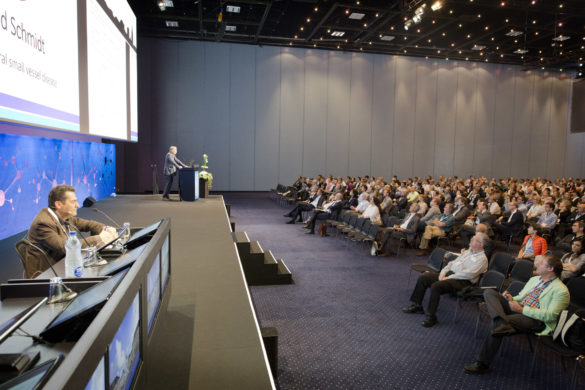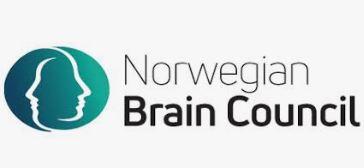by Viktoria Papp
Symposium 4 at EAN 2023, titled ‘Emerging and re-emerging neuro-infections – old and new ‘friends’, even for the neurologist’ was dedicated to drawing attention to old and new increasing issues related to neuro-infections. In the modern world, there are several factors such as migration, tourism, pollution, and climate changes, causing challenges in bringing down the incidence of neuro-infections and treatment options. Neurologists need to be aware of other potential infectious agents from any geographic area of the world. Prevention of neuro-infection both at individual and global levels is an important aim of healthcare organisations such as the WHO and the European Centre for Disease Prevention and Control (EDCD).
Prof. Erik Schmutzhard from Innsbruck, Austria gave the opening talk about acute bacterial meningitis. He started the topic by highlighting the WHO strategy to defeat meningitis and the problems related to multi-drug-resistant bacteria. The most frequent bacteria causing meningitis were presented according to healthcare-associated or community-acquired infection. The take-home messages from his talk were: migration and travel (medical or tourism) strongly contribute to the spreading of different infectious agents, and we need to think broadly to identify the cause of CNS infection; education of travellers regarding vaccination and behaviour is important to prevent spreading; new vaccines need to consider the different serotypes of bacteria; and targeted drug monitoring may be essential to reach the best treatment effect.
Dr. Matthias Klein from Krailling, Germany focused on the neurological complication of tuberculosis (TB) and the difficulties caused by multiresistant TB. He showed epidemiological data on the incidence of TB and the effect of the COVID-19 pandemic on the detection and mortality of TB. The diagnostic work-up and assays for CNS infection of TB were discussed. The current treatment strategies considering drug resistance were reviewed. Furthermore, steroid treatment has an important role in treatment management to prevent the paradox immunological reaction induced by antibiotic treatment against TB that may worsen the patient’s condition.
Dr. Laura Papetti from Roma, Italy spoke about the vaccine-preventable neuro-infections caused by bacteria or virus that may lead to primary infection and late-phase complications. Generally, in these conditions no specific therapies are available but vaccines could prevent the disease. However, vaccine hesitancy in the population may result in global health problems. She presented in detail the clinical presentation, diagnostic steps, and treatment regime of SSPE, VZV vasculopathy and SARS-CoV2-caused infection. Moreover, the surveillance strategy of WHO for polio infection.
Prof. Jan Semenza from the ECDC gave a fascinating talk about the tools and strategies that EDCD applies to prevent infectious disease outbreaks in Europa. The big databases revealed that travel and tourism is the most powerful driving factor for infectious diseases in Europe, but climate change (temperature, rain, heat) is also among the top five causes. Early warning derived from epidemiological data helps to detect risk factors and by monitoring these climatic and environmental factors it might help to predict and intercept outbreaks.











